Into the Open: Poems New and Selected is both a compendium and compression of the best and most representative of Susan McCaslin’s poetry over nearly five decades. In addition, it showcases new work. The explorations of Into the Open begin with McCaslin’s intense early interest in mystical Christianity, but expand to include global wisdom traditions from cultures east and west. Her work does not advocate for a particular system of belief, but exemplifies the open-ended probings of an inquiring mind. A selection of her new work in a powerful sequence called Lineage takes up some of her earlier themes but pushes them into new arenas, addressing questions of how to age into elder-dom; how to take one’s place with humility and gratitude in a world fraught with pain and loss; how to remain open to wonder. In the words of her editor Katerina Fretwell, “Selecting from Susan McCaslin’s eighteen-book oeuvre Into the Open has been a pilgrimage through her poetic and spiritual evolution. Her visionary poetscapes conjure William Blake, Thomas Merton, Greco-Roman mythology, angels, the Canadian mystic Olga Park, John of Patmos, Teresa of Avila, Henry Vaughan, Lao Tzu, Han Shan, Mary Magdalene and other unitive mystics of many cultures, faiths and eras. Such diversity suggests the range and reach of McCaslin’s work. Here is a poet at the peak of her powers.”
“Susan McCaslin’s Into the Open is an outstanding achievement comprising over forty years’ worth of work. It is nothing short of astonishing in its breadth and depth, its sheer sophistication of form, language and theme. The book brings together poems from McCaslin’s thirteen previous collections plus a selection from five early chapbooks and thirty new poems. The development of her artistry is a pleasure to behold, her voice confident, compassionate and clear, and always lit with the energy caught in the last two lines of this incredible book: “Nothing divine charges a fee/Everything is charged with love.” If you read only one book of poetry this year, read this one.”
—Eva Tihanyi, author of The Largeness of Rescue and Flying Underwater: Poems New and Selected
Into The Open, Susan McCaslin’s long awaited New and Selected Poems is a marvelous compendium of her singular poetic and spiritual journey spanning four decades of poetry-making and eighteen books. A visionary and mystic, a rarity in today’s world, McCaslin blazes a luminous path ranging from the Divine Feminine and Ars Poetica to such pressing imperatives as stewardship of the earth and social justice in a troubled world. I know of few poets who have forayed with such power and grace (not to mention courage) into the blinding mysteries of the human heart. Her collection radiates wonder, gratitude & loving-kindness—a feast for mind and spirit to be pondered and treasured.”
—James Clarke, author of seventeen volumes of poetry including The Juried Heart
“Into the Open reveals poems charged with grounded aperçus, lightning landed, and vision realized in “kin-ship” along the poet’s uncommon daily round. Here’s a vibrancy in and beyond the senses, pulsating across decades: an essential, timeless and timely book. Read Susan McCaslin’s eloquent articulation of a mystical, creative life and be changed, be charged and inspired.”
—Penn Kemp, poet and playwright; author of Barbaric Cultural Practice
“What do you see? Susan McCaslin sees a daughter, a dog, a tree, a mountain, a sea along with art and artists in her work while also seeing what each is connected to, what each comes from and moves towards. She sees the word and the myth propelling it and the silence behind it. She sees the object and the aura around it, the shimmer and sheen within it. With an exploratory and expansive vision, McCaslin lovingly embraces the things of this world and the spirit that binds them together.”
—J. S. Porter, author of Spirit Book Word: An Inquiry into Literature and Spirituality and Lightness and Soul: Musings on Eight Jewish Writers

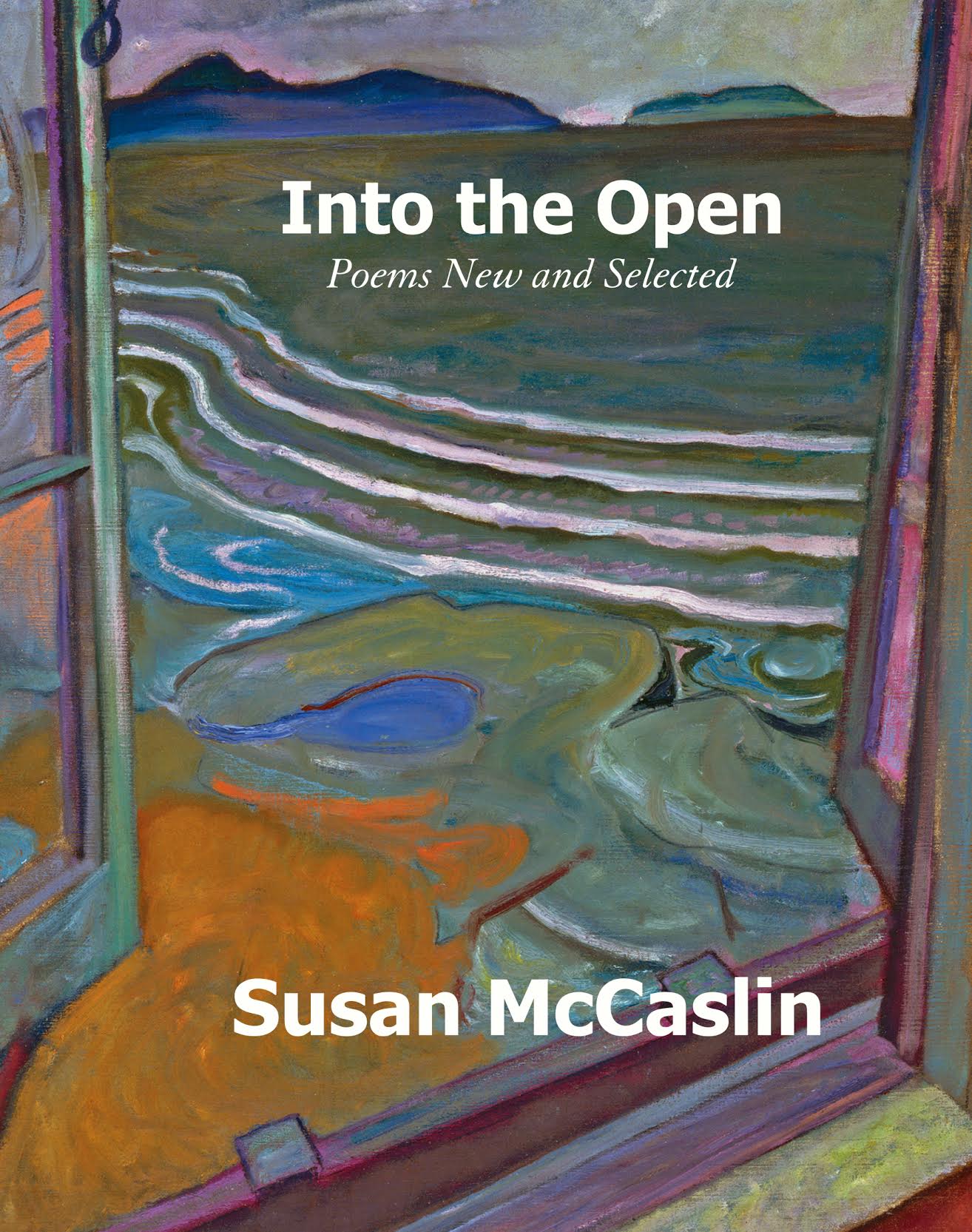
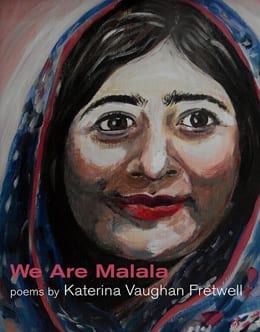
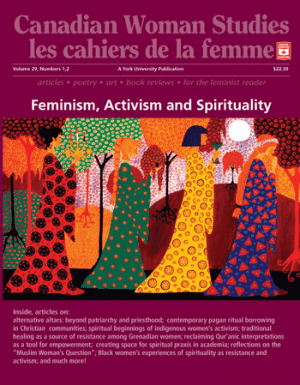
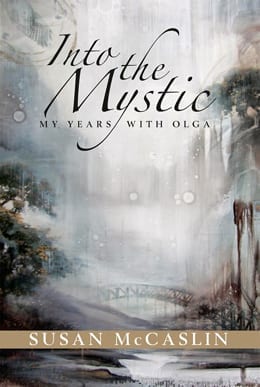
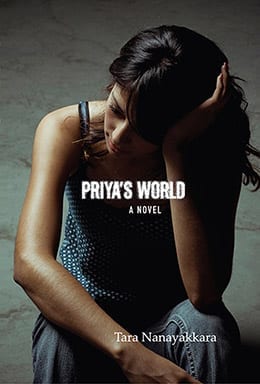
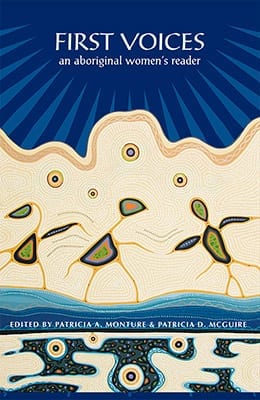
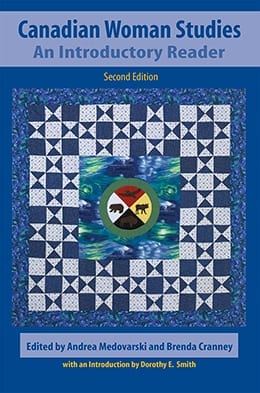
inannaadmin –
Poems Old and New
Into the Open: New and Selected by Susan McCaslin
reviewed by David Johnstone
Canadian Literature – winter 2018
http://canlit.ca/article/poems-new-and-old/
With poems pulled from her early chapbooks, her 1995 debut Locutions, and her most recent work, Lineage, poet Susan McCaslin is back with a book for fans new and old. Into the Open: Poems New and Selected is a vast collection of beautiful trinkets for readers to adorn their thoughts with. These are poems that one might copy out (or, dare I say, rip out) so that one can carry them on one’s journey through life (in wallets, purses, jacket pockets). McCaslin accompanies us just as much as we accompany her on her spiritual and artistic journeys. She writes of Christianity (notably in dialogue with William Blake) in such ways that turn and, at times, disturb our thoughts and notions: “How long / till the Magdalene undoes her / hair and Christ blazes in the sev- / ered amoeba brain?” Of special interest to those already acquainted with McCaslin’s writing are her new poems, which are particularly skilful. We find that “the language” still “winks back.” The pleasure that comes from her poetry is one of meditation. In this collection, McCaslin’s work is alive and well: “Gender explodes, metaphors meld, / as bridegroom receives the bride.”
inannaadmin –
Into the Open: New and Selected by Susan McCaslin
reviewed by Stevie Howell
Quill and Quire – December 2017
https://quillandquire.com/review/panicle/
Susan McCaslin’s Into the Open: Poems New and Selected features work from the poet’s 14 previous books and a forthcoming collection, Lineage. McCaslin is a metaphysical poet by way of the Romantics. A touchstone is Blake, to whom she wrote a book of letters: “I can’t make it go away just by looking at it / differently, or writing a poem, though I am sure / poetry and language are transformative.” McCaslin has done an excellent job of choosing poems that bounce off one another and propel this substantial collection forward, while making the discrete periods of her career apparent. A particular highlight are the poems from Flying Wounded (2000), which revolve around McCaslin’s mother’s mental illness. McCaslin approaches the specifics from different vantage points – a poem in which her mother is catatonic, a sonnet that stipulates her mother “didn’t want to talk or face the wall,” and a hugely moving poem about the suffering woman’s religious delusions: “Now she is saying God-light has / permuted the fissures of her brain.” This religious fixation has an enormous effect on the reading of McCaslin’s oeuvre, rooted as it is in Christian mysticism. The poems highlight an ongoing, unresolved tension between mere acceptance and transcendence.
McCaslin’s writing also has flashes of humour, as in “Hades’ Gym,” in which the title figure “self-medicates by hanging out at his gym / over the door of which posters blare: / ‘Don’t wait for the Grim Reaper.’” Later poems in the collection are odes to a range of influences (Cézanne, Lao Tzu), and to influence itself.
Mystics, by definition, make things look simple, because we can’t possibly guess what has been shed to get to the place they have arrived at. They’re mystics because we’re not. But lines like “Nothing divine charges a fee / Everything is charged with love” are profound enough that any reader can recognize they were earned. Reading Into the Open is a rewarding encounter with an original voice and likewise with the sublime.
inannaadmin –
Into the Open: New and Selected by Susan McCaslin
reviewed by J. S. Porter, http://www.spiritbookword.net – September 2017
For the sake of a single poem, you must see many cities, many people and things. You must know the animals, you must feel how the birds fly….You must be able to think back to streets in unknown neighborhoods, to unexpected encounters, and to partings…; to days of childhood whose mystery is still unexplained…;…to mornings by the sea…to nights of travel…and it is still not enough.
—Rainer Maria Rilke, The Notebooks of Malte Laurids Brigge: A Novel
It’s not easy to be a poet of the calibre of Susan McCaslin. You need to see an object, or a being, in its fullness, but also its surround, its interconnections and interdependencies. You need to know words intimately, their textures and sounds; you need to know birds and trees and dogs; you need to be able to enter lives foreign to yours as if they were your own. This is one of McCaslin’s great talents: to enter another life, or life form, and re-animate it. When she writes about William Blake, she becomes Blake or someone in his circle. Likewise for Teresa of Avila, Paul Cézanne, John Keats and other luminaries, she becomes the Other, ingests them, speaks from their centre. She is always open to the unexpected and the quiet unannounced miracles of the day.
In “Chickadee,” the speaker is driving along and a black-capped chickadee trills her into meditation, “lifts it/over the steering wheel and beyond the car.” The speaker closes the poem with an invocation to the bird:
Dear bird,
return and draw again
that keening song,
that circling kaddish on loan to air.
A poem entitled simply “Dog” addresses the dog as “you, Nose of Creation,/rolling tumult in grass/vocabulary unencompassed/by “come,” “sit,” “stay.” Of all the words I’ve read applied to dogs, none honours their being so simply and accurately as the phrase “Nose of Creation.” And nothing I’ve read reprimands so gently our tendency to think ourselves masters over beings for whom our controlling-vocabulary is much more limited than we realize.
In a poem whose title “Dwelling in Possibility” McCaslin likely borrows from Emily Dickinson, the speaker draws near to aspects of nature for a moment with vivid and memorable language, then has the good sense to let go:
Cedars rise from duff
their green names
wide-open cadenzas
Concatenation of crows—
nothing is as it is
for long
These two lines “nothing is as it is/for long” summarize the life’s work of First Nations artist Norval Morrisseau where human and animal forms contain each other and morph in and out of each other at will.
Quite often in McCaslin language rubs up against that which has no language, or at least no language recognizable by human beings. In a longish poem “Wilderness/Poetry” she explores how poetry engages wilderness by attempting to call it into speech:
the abyss is a roiling cauldron
spewing up forms so lovely
they silence speech.
The speaker humbly recognizes that “There is a syllabus we cannot master/and it has no name.” She is surer of language’s limitations than she is of language’s potential for control and mastery.
In his very fine Introduction to Into the Open, Russell Thornton takes note of how frequently magnolia, flower and tree, have presence in McCaslin’s poetry. He writes: “Botanists believe that the magnolia has existed since the beginning of time, and may be the first flower.” In “Writing to Magnolia,” McCaslin speaks directly to her subject, “and you, Magnolia,/casting your fleshy dress/like snow at my feet.” Along with the whiteness of the flower and of snow, one pictures an Agnes Martin painting where a white grid seems to dissolve into invisibility. As in a Martin painting, there is more in a McCaslin poem than the eye is first able to discern.
White is the central colour in Into the Open—“white meditation,” “white flutter,”” white dolphin,” “white lion,” “white arms,” “muslin’s white,” “white stone,” “white door,” “beurres blanc,” “white shirt,” “white nun,” etc. If only a rich patron, in recognition of Susan McCaslin’s nearly score of books and chapbooks of poetry and her one-of-a-kind contribution to Canadian letters, would fund the cost of lavish reproductions of Agnes Martin’s paintings to accompany the poems. Seldom does linkage between poet and painting seem so right.
If white is the key colour of the book, flow is the key word. In “Omega Suite” the speaker suggests that one of the duties of the poet is “attending the flow.” In her poem to Wisdom, “Dear Sophia,” McCaslin writes, “one body/bowing/not as to a king/but to what flows.” The lines bring back to mind an earlier poem, “Mindfulness,” which concludes with these lines: “But be in your place/as the globed magnolia.”
You are not the first or the last
to change.
Flow, change, metamorphosis: these are the ways of nature, and of the world. How could it be otherwise within “wind-born” creation?
For a long time now, Susan McCaslin has been moving towards greater and greater openness, inclusiveness, wholeness. She has partaken in her work of the “big fruit salad of the Spirit.” She has drawn inspiration in particular from “the Galilean poet” whose gospel of justice and forgiveness still resounds throughout the world. She has come to know the importance of being generous, as “The rainbow doesn’t stint.” She has come to know this hard-won truth:
Nothing divine charges a fee
Everything is charged with love
~ ~ ~ ~
Poet Eva Tihanyi says if you can only read one book of poetry this year, read Into the Open.